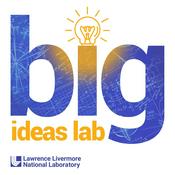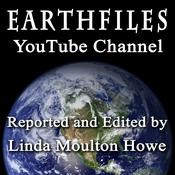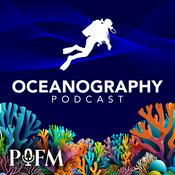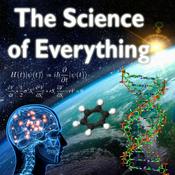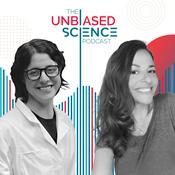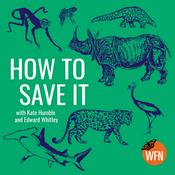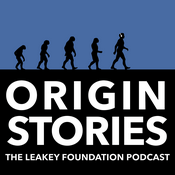55 episodes
- From the pressurized space suits to living in underground spaces, it's clear that living on Mars would cause irreversible biological changes to any humans living there, to the point that it may be impossible for them or their descendants to return to Earth. With bigger heads and lighter bodies, might we also end up looking like Martians?
PLUS:
Yellowstone’s predators battle it out, and wolves remain top dog
fossil of the earliest veggie-eater found in Nova Scotia
Covid is disappearing in animals, which is good news for deer but not as good for humans
how genes affect our lifespan more than we thought - An elephant’s trunk is incredibly strong and rugged, and yet it is one of the most sensitive touch organs in the animal kingdom. New research reveals that this sensitivity is partly powered by over 1000 whiskers.
PLUS:
A new 'inside out' solar system is making astronomers question planet formation
Paleo-Inuit people in the high Arctic were masterful seafarers, new study shows
Two-month-old babies can categorize objects in their brain
How insects deal with smog or microplastics can impact them and the environment - Researchers made the surprising discovery that Alaska beluga whales have swinging sex lives — and that could be their key to survival in the warming Arctic.
Plus:
mission to the 'doomsday' Thwaites glacier in Antarctica ends in disappointment
near-infrared light therapy offers hope to football players with brain injuries
with nuclear power making a comeback, what's changed since the last Atomic Age? - Scientists spent nearly 25 years studying close to 800 polar bears in the Barents Sea region and discovered that those polar bears seem to be doing just fine, even though melting sea ice is also a major issue.
PLUS:
Sargassum seaweed is becoming such a problem, you can see it from space
Why some people only get mild sniffles with a cold and others get sick
A woolly rhino's DNA found in an ancient wolf’s stomach reveals their quick demise
How to change a memory — one scientist's quest to understand memory permanence - Some dogs are more adept at learning language than others. Researchers studying these special dogs discovered that, much like toddlers, these smart furry canine companions can pick up words just by eavesdropping on their owners' conversations.
PLUS
Tracking space debris using seismometers
Using nitrogen to boost trees
How Mars shapes our climate
Extracting ice age mammoth RNA and using lichens to find dino bones
More Science podcasts
Trending Science podcasts
About Quirks and Quarks
CBC Radio's Quirks and Quarks covers the quirks of the expanding universe to the quarks within a single atom... and everything in between.
Podcast websiteListen to Quirks and Quarks, Something You Should Know and many other podcasts from around the world with the radio.net app

Get the free radio.net app
- Stations and podcasts to bookmark
- Stream via Wi-Fi or Bluetooth
- Supports Carplay & Android Auto
- Many other app features
Get the free radio.net app
- Stations and podcasts to bookmark
- Stream via Wi-Fi or Bluetooth
- Supports Carplay & Android Auto
- Many other app features


Quirks and Quarks
Scan code,
download the app,
start listening.
download the app,
start listening.





